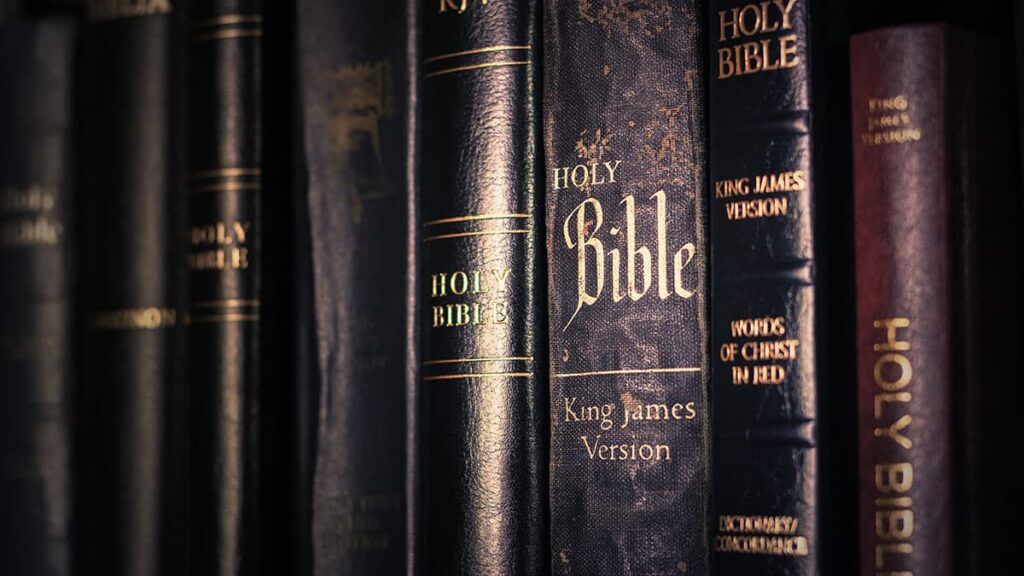hello ! Today we will discuss about List of 75 Kooks Removed from the Bible pdf, Delve into the intriguing history of religious texts removed from the Bible by the Catholic Church in the 18th and 19th centuries. Explore controversial versions that diverge from traditional teachings, offering readers an alternative perspective and a deeper understanding of our religious heritage.

List of 75 Kooks Removed from the Bible pdf
Unveiling the List of 75 Excluded Books: Discover a curated list of 75 books that were once part of religious discourse but were later excluded from the Bible. Explore diverse texts, including “The Protevangelion,” “The Gospel of the Infancy of Jesus Christ,” and “The Acts of Paul and Thecla,” each carrying its own unique narrative.
- The Protevangelion
- The Gospel of the Infancy of Jesus Christ
- The Infancy Gospel of Thomas
- The Epistles of Jesus Christ and Abgarus King of Edessa
- The Gospel of Nicodemus (Acts of Pilate)
- The Apostles’ Creed (throughout history)
- The Epistle of Paul the Apostle to the Laodiceans
- The Epistles of Paul the Apostle to Seneca, with Seneca’s to Paul
- The Acts of Paul and Thecla
- The Epistle of Clement
- The Second Epistle of Clement to the Corinthians
- The Epistle of Barnabas
- The Epistle of Ignatius to the Ephesians
- The Epistle of Ignatius to the Magnesians
- The Epistle of Ignatius to the Trallians
- The Epistle of Ignatius to the Romans
- The Epistle of Ignatius to the Philadelphians
- The Epistle of Ignatius to the Smyrneans
- The Epistle of Ignatius to Polycarp
- The Shepherd of Hermas (Visions, Commands, and Similitudes)
- Letter of Herod To Pilate the Governor
- Letter of Pilate to Herod
- The Lost Gospel of Peter
- The Epistle of Polycarp to the Philippians
- Book of Enoch 1
- Book of Enoch 2 (known as The Secrets of Enoch
- Enoch 3
- Book of Esdras 1
- Book of Esdras 2
- Book of Maccabees 1
- Book of Maccabees 2
- Book of Maccabees 3
- Book of Maccabees 4
- Book of Maccabees 5
- Book of Tobit
- Book of Jasher
- Book of Judith
- Book of Esther
- Book of Ecclesiasticus / Sirach
- Book of Jubilees
- Book of Baruch 1
- Book of Barucu 2
- Book of Baruch 3
- Book of The Shepherd of Hermas
- Book of Wisdom / Wisdom of Solomon
- Book of The Psalms of Solomon
- Book of The Odes of Solomon
- Book of Giants
- Book of Adam and Eve 1
- The Conflict of Adam and Eve with Satan
- The Gospel of James / The Protevangelion
- The Gospel of Peter
- The Gospel of Thomas
- The Gospel of Nicodemus / Acts of Pilate
- The Syriac Infancy Gospel / Infancy of Jesus Christ
- The Epistles of Jesus Christ and Abgarus, King of Edessa
- The Epistle of Aristeas
- The Epistle of Jeremiah
- The Epistle of Paul the Apostle to the Laodiceans
- The Epistles of Paul the Apostle to Seneca
- The Epistle of Pilate to Herod
- Assumption of Moses
- Apocalypse of Moses
- Testament of Abraham
- Apocalypse of Abraham
- Testaments of the Twelve Patriarchs
- The Acts of Paul
- The Acts of Paul and Thecla
- The Apostles Creed
- Psalm 151
- Story of Susanna*
- Story of Bel and The Dragon*
- Story of Ahikar*
- The Prayer of Azariah and the Songs of the Three Holy Children*
- Prayer of Manasseh
Exploring Apocryphal and Pseudepigraphal Texts:
Dive into the distinction between apocryphal and pseudepigraphal texts, with a focus on hidden meanings and falsely attributed authorship. Uncover the mystery surrounding these works, some of which have found their way into specific religious group Bibles, sparking debates about their origins.

Diverse Dimensions of Literary Works in the Biblical Canon
Within the realms of Christian literary heritage, one encounters two fundamental categories of texts, both embraced and omitted from the biblical narrative—namely, the apocryphal and pseudepigraphal compositions.
The term “Apocrypha” conceals within its essence the notion of secrecy, denoting that these writings shroud certain facets in mystery. These enigmatic works have found their way into various editions of the Bible tailored for distinct religious factions, such as the Catholic or Protestant communities. Intriguingly, a veil of uncertainty still hangs over many of these texts, their origins often speculated to bridge the chronological gap between the composition of the Old and New Testaments.
In stark contrast, the term “Pseudepigrapha” characterizes a deceptive attribution of authorship. Essentially, it signifies a claim of authorship proven false upon scrutiny. For instance, a text might assert that it was authored by Peter, the esteemed disciple, but such assertions are dismissed as spurious. A considerable number of books excluded from the canonical list fall into the category of pseudepigraphal writings, bearing the stigma of dubious authorial claims.
A Biblical Narrative Lost in Time
Embedded within the annals of the Bible for centuries, the Protevangelion, a gospel of antiquity, ultimately faced exclusion in the late 1800s.
This sacred script unravels the chronicles of Jesus Christ’s formative years, its verses woven by an elusive author who professed to be a disciple of Jesus. Despite the narrative seamlessly aligning with the broader biblical tapestry, skepticism cast shadows over its legitimacy—prompting the pivotal decision to expel it from the canon. The persistent query lingered: Could the purported disciple claim genuine association with Jesus? The Protevangelion, once an integral part, now echoes as a testament to the intricate deliberations that shaped the biblical corpus.